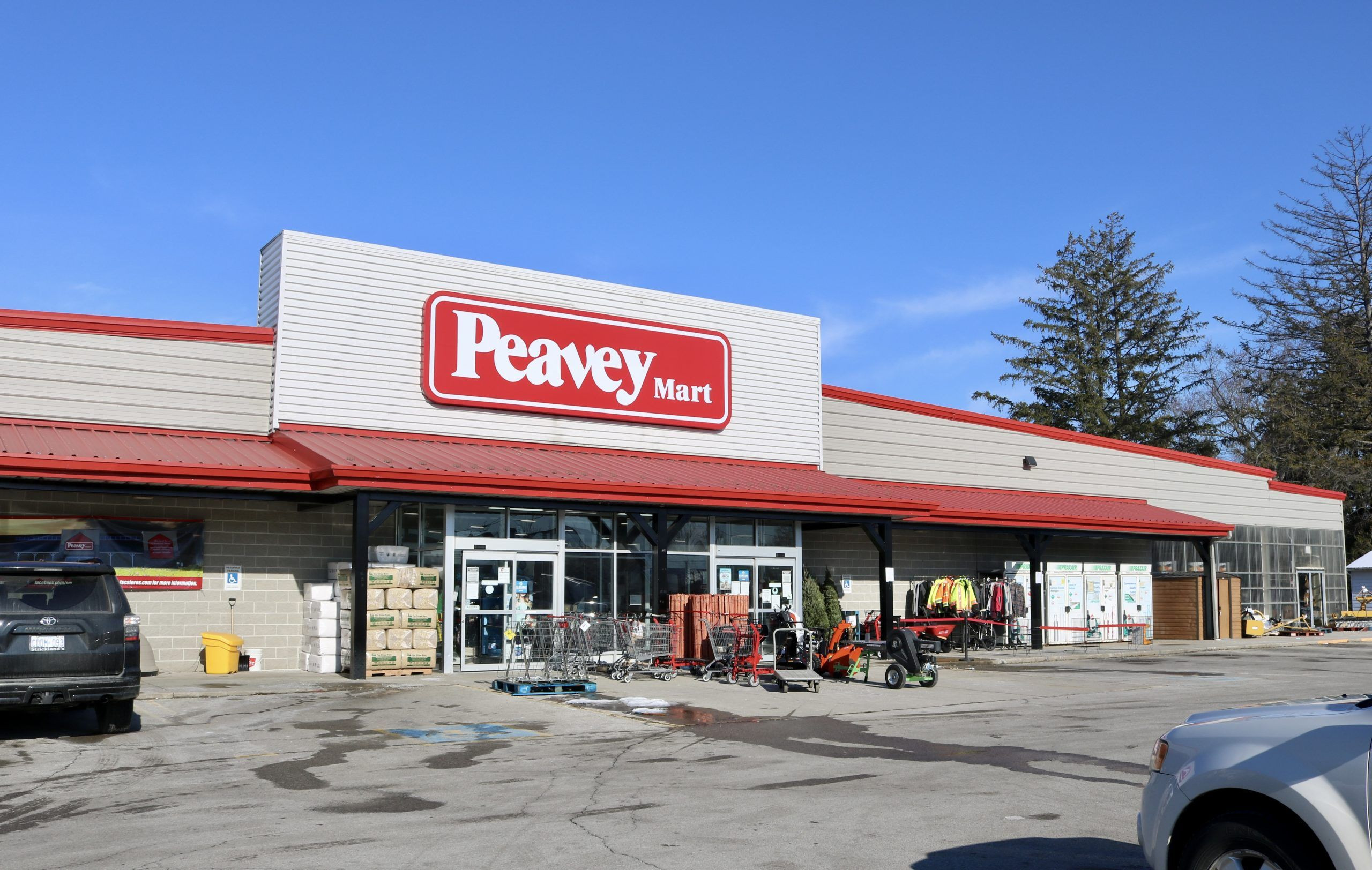Asda Boss Sounds Alarm: Will Tax Hikes Spark a UK Food Crisis?
The outgoing chairman of Asda, Stuart Rose, has issued a stark warning about the potential for food shortages in the UK, directly linking the threat to recent tax increases implemented by Chancellor Rachel Reeves's government. His comments follow a growing controversy surrounding changes to agricultural inheritance tax and employer National Insurance contributions. The situation is raising serious concerns about the stability of the UK's food supply chain and the broader economic impact on businesses and consumers.
The Farmer-Government Standoff: A Looming Threat to Food Security
Lord Rose's concerns center around the impact of the government's changes to agricultural death duties. The Chancellor's budget significantly reduced agricultural relief, effectively increasing the inheritance tax rate for farmers to 20 percent on farm values exceeding £1 million. This has sparked outrage among farmers and industry experts alike. The National Farmers’ Union estimates that roughly two-thirds of farms could be affected by these changes. This directly contradicts the Treasury's assertion that fewer than 500 estates annually would be impacted. Lord Rose vividly illustrated the potential consequences during an interview on LBC radio: “We make pork pies today and they’re in the shops tomorrow. We lay eggs today. They’re in the shops tomorrow. We pick a lettuce today. It’s in the shop tomorrow. People stop picking lettuce and chickens stop laying eggs and people don’t make pork pies, well, you’ve got a problem.” This simple analogy powerfully highlights the interconnectedness of farming and food supply, emphasizing the fragility of the system under pressure. The potential for disruption to the seamless flow of food from farm to table is a very real and imminent threat.
Beyond Inheritance Tax: A Broader Economic Impact
The concerns extend beyond agricultural inheritance tax. Lord Rose also criticized the government's decision to increase National Insurance contributions paid by employers and lower the salary threshold for triggering those payments. He argued that these measures would inevitably lead to higher prices for consumers, exacerbating existing food inflation. “In foods, we’ve got inflation down to very manageable levels,” he stated. “And they’ve just hit us with another tax... all retailers have said publicly that they’re going to have to probably put prices up now. That’s going to fuel inflation.” This perspective highlights the broader economic implications of the government's fiscal policies. The cumulative effect of these tax increases, he believes, risks triggering a domino effect, destabilizing the food supply chain and fueling broader inflationary pressures.
A Government Out of Touch with Business?
Lord Rose didn't mince his words, openly criticizing the government's apparent lack of understanding of the business realities faced by both farmers and retailers. He boldly stated: “I don’t think government understands business. And that doesn’t just apply to this Government.” This sentiment reflects a growing frustration among business leaders, who feel their concerns are being ignored in the face of sweeping tax policies. The combined impact of these measures, coupled with the ongoing challenges posed by Brexit and geopolitical instability, leaves businesses in a precarious position. The potential for job losses, shop closures, and broader economic instability is substantial. A Bloomberg Economics analysis even suggests that Labour’s jobs tax could result in the loss of 130,000 jobs. This figure adds further weight to the growing concerns of businesses. This analysis underscores the significance of the issues raised by Lord Rose and the broader business community. The potential for substantial job losses adds an even more serious dimension to the unfolding economic crisis.
The Urgent Need for Dialogue
Lord Rose's comments serve as a wake-up call, emphasizing the urgent need for open dialogue between the government and the business community. He urges the government to adopt a more conciliatory approach, acknowledging the concerns raised by businesses and the potential ramifications of their policies. The current standoff risks not only impacting food security but also jeopardizing the broader UK economy. A collaborative approach is needed to mitigate the potential negative impacts and find sustainable solutions for the future. The longer the government remains entrenched in its current position, the greater the risk of long-term damage to the UK’s economy and food security.
A Recipe for Disaster? The Future of the UK Food Industry
The confluence of these factors paints a worrying picture for the future of the UK’s food industry. The potential for disrupted food supplies, increased food prices, and job losses cannot be ignored. The government's current trajectory risks not only economic hardship but also impacts food security and the stability of a cornerstone of the UK’s economy. The need for decisive action and a change in policy is paramount. It remains to be seen how the government will respond to the growing concerns, but the potential consequences of inaction are severe.

















